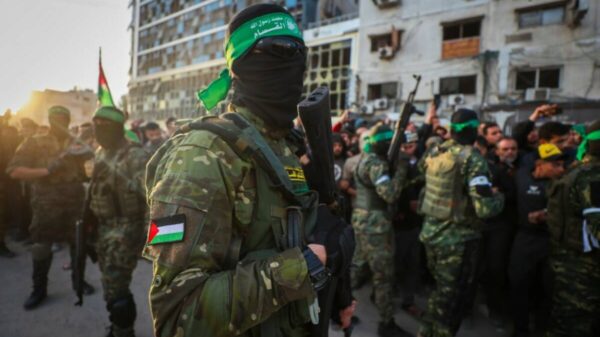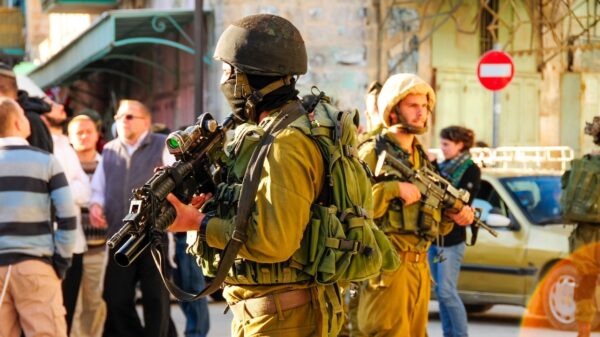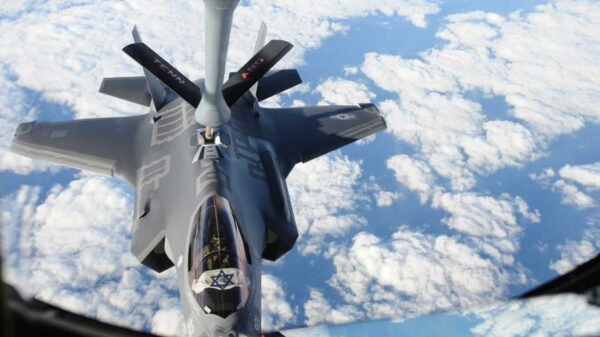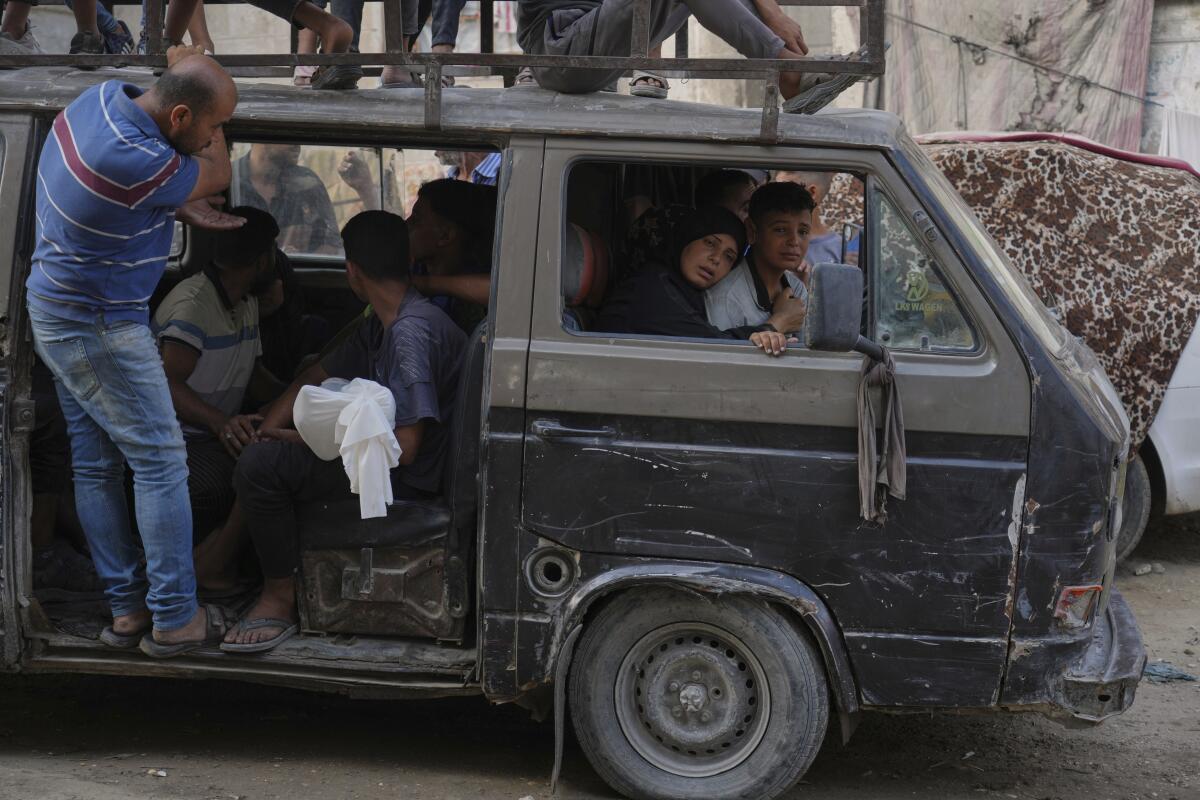Israeli Prime Minister Benjamin Netanyahu is poised to grant final approval for a military operation aimed at capturing Gaza City, with plans expected to commence within days. This escalation in the ongoing conflict, which has persisted for 22 months, follows widespread protests in both Israel and the Palestinian territories. Netanyahu is scheduled to meet with high-ranking security officials to finalize the plans, as reported by an Israeli official who spoke on condition of anonymity.
The Israeli military has begun preparations for the operation by contacting medical personnel and international organizations in northern Gaza, urging them to relocate to the south ahead of the anticipated offensive. The military is planning to mobilize an additional 60,000 reservists and extend the service of 20,000 active soldiers. The situation remains dire, as Israeli airstrikes have reportedly resulted in the deaths of at least 36 Palestinians across Gaza on Thursday, according to local hospitals.
Potential Humanitarian Crisis as Military Action Intensifies
The renewed offensive poses a significant risk of further casualties and displacement in a region already grappling with immense loss. The ongoing conflict has resulted in tens of thousands of deaths, with experts warning of an impending humanitarian crisis and famine. Many Israelis express concern that intensified military action could jeopardize the lives of approximately 20 hostages believed to be held by Hamas since the October 7, 2023 attack that triggered the war.
Initial military operations have already commenced in Gaza City’s Zeitoun neighborhood and the Jabaliya refugee camp, both of which have previously been the focus of Israeli assaults. The military aims to target areas where Hamas maintains military and governance capabilities, despite previous attempts to neutralize such threats.
While the Israeli military claims to control around 75% of Gaza, many residents indicate that no area within the territory feels safe. Protests have emerged in Gaza City, where hundreds gathered to voice their opposition to the ongoing war and the proposed relocation of Palestinians to other countries. Demonstrators, including women and children, displayed placards reading “Save Gaza” and “Stop the war, stop the savage attack, save us.”
Bisan Ghazal, a woman displaced from Gaza City, articulated the sentiment of many, stating, “We want the war on Gaza to stop. We don’t want to migrate. Twenty-two months… it’s enough. Enough death. Enough destruction.”
Domestic and International Protests Amid Military Escalation
In Israel, families of hostages still held in Gaza gathered in Tel Aviv to protest the proposed expansion of military operations. Dalia Cusnir, whose brother-in-law remains captive, criticized the military’s approach, claiming that undue pressure has led to the death of hostages. “Enough to sacrifice the hostages. Enough to sacrifice the soldiers, both regular and reservists,” she declared.
The international community has also reacted strongly to Israel’s plans for an expanded offensive. Many of Israel’s Western allies have urged for a ceasefire, with the United Nations Secretary-General António Guterres emphasizing the need for an immediate cessation of hostilities to prevent further loss of life. Guterres stated, “It is vital to reach immediately a ceasefire in Gaza, and the unconditional release of all hostages to avoid the massive death and destruction that a military operation against Gaza City would inevitably cause.”
As the situation develops, reports indicate that at least 36 Palestinians were killed by Israeli fire on Thursday, including individuals seeking humanitarian assistance. The Israeli military has frequently accused Hamas of endangering civilians by operating within populated areas, complicating the conflict further.
In addition to the airstrikes, Israeli military actions have destroyed a tent camp in Deir al-Balah, a city that had remained relatively unscathed throughout the war. Residents reported receiving warnings to evacuate shortly before the strikes commenced. Mohammad Kahlout, displaced from northern Gaza, expressed frustration, stating, “We are civilians, not terrorists. What did we do, and what did our children do, to be displaced again?”
The Gaza Health Ministry reported that at least 62,192 Palestinians have been killed in the conflict, with malnutrition-related deaths also rising. Independent experts consider the ministry’s figures to be among the most reliable estimates of wartime casualties. Israel disputes these tallies but has not offered alternative numbers.
The conflict began following the October 7 attack by Hamas militants, which resulted in the deaths of approximately 1,200 Israelis, predominantly civilians, along with the abduction of 251 individuals. While many hostages have been released during ceasefires or negotiations, Hamas maintains that the remaining hostages will only be freed in exchange for a lasting ceasefire and an Israeli withdrawal from Gaza.
As the situation in Gaza continues to evolve, the international community watches closely, hoping for a resolution to a conflict that has caused immense suffering on both sides.








































































